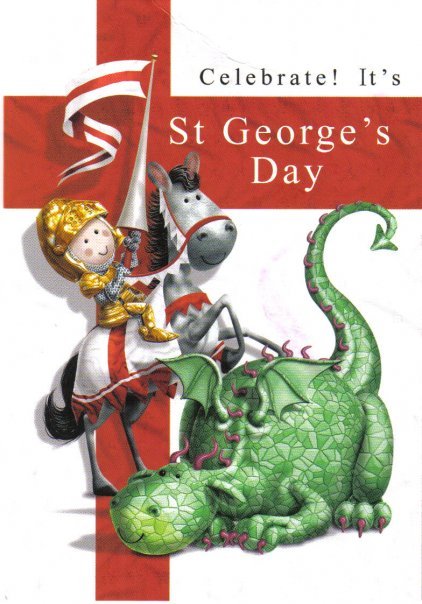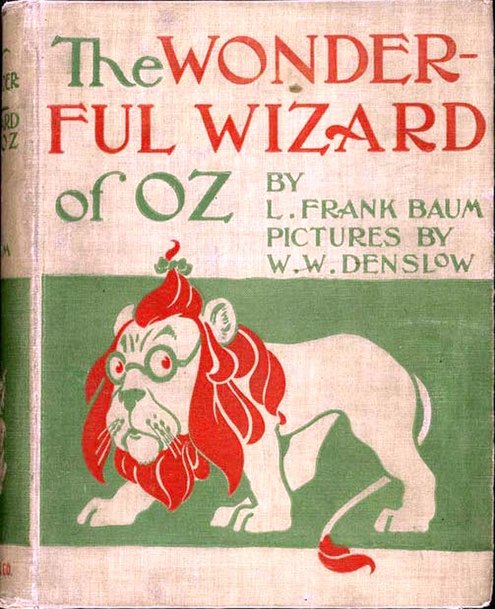Baz Luhrmann's hyperactive adaptation tramples over the subtleties of the F Scott Fitzgerald classic
F Scott Fitzgerald did more for
Hollywood than it has done for him. After his first stint in California he wrote the pitiless story, "Crazy Sunday", about an alcoholic screenwriter. In the late 30s came the series of insightful comic tales about the ageing movie hack Pat Hobby, and finally
The Last Tycoon, the best, least patronising of novels about the movie industry, all the more intriguing for being unfinished. In return, Hollywood paid him handsomely for a while but treated him without respect and made mediocre movies of his books.
- The Great Gatsby
- Production year: 2013
- Country: Rest of the world
- Cert (UK): 12A
- Runtime: 143 mins
- Directors: Baz Luhrmann
- Cast: Amitabh Bachchan, Callan McAuliffe, Carey Mulligan, Elizabeth Debicki, Isla Fisher, Jason Clarke, Joel Edgerton, Leonardo DiCaprio, Tobey Maguire
- More on this film
So what of this 3D fourth screen version of
The Great Gatsby? It is, you might say, a story of three eggs. The mysterious central character is the self-made Jay Gatsby, a millionaire bootlegger who in the summer of 1922 lives at West Egg, the township outside Manhattan on Long Island Sound where the nouveaux riches have built their mansions. Across the bay at East Egg are the grand houses of the old-money people, among them the rich, brutal, Ivy League philistine Tom Buchanan, husband of the southern belle Daisy, whom Gatsby courted as an officer and temporary gentleman in the first world war. After losing her to Buchanan because he was penniless, he now seeks to recapture her. The third egg is
Baz Luhrmann's curate's egg of a film, good and bad in parts, but mainly a misconceived venture. Luhrmann is a cheerful vulgarian and his movie suggestive of Proust directed by Michael Winner.
The film's principal figure is not Gatsby but Nick Carraway, a classic unreliable narrator, aged 30 in that summer of 1922, a midwesterner educated at Yale alongside Tom Buchanan and Daisy's second cousin. Nick has taken a cottage next door to Gatsby's mansion while he attempts to establish himself as a stockbroker, and Gatsby uses him as a way of re-engaging with Daisy. Everything we know is mediated by Carraway, and Luhrmann and his co-writer Craig Pearce have had the dubious idea of having Carraway tell the story from a sanatorium as a form of therapy on the advice of a psychiatrist.
He's being treated for alcoholism as Fitzgerald was to be, and significantly the date is 29 December 1929. The roaring 20s and the jazz age are over, Wall Street has crashed, and the story is being presented not as the social diagnosis and prophecy that TS Eliot took it to be in 1925 but as history and judgment. (The 1949 film did something similar by having Carraway and the cynically amoral socialite Jordan Baker look back to the 20s from beside Gatsby's grave.) Words float in the air around the befuddled Nick as he works on his book, and lines from the novel are actually written on the camera lens.
If this wasn't bad enough,
Tobey Maguire is miscast or misdirected, playing Nick as gauche, uncomfortable, unsophisticated, childlike – less an involved observer than an intruder. This is a film that tramples on Fitzgerald's exquisite prose, turning the oblique into the crude, the suggestively symbolic into the declaratively monumental, the abstract into the flatly real. It's a pared-down novel where the use of "unrestfully" instead of "restlessly" is important, and where Carraway can speak of Jordan "changing the subject with an urban distaste for the concrete".
Luhrmann has more success with Gatsby, who lurks around the edges the way Harry Lime does in
The Third Man, before making his sudden appearance at one of his parties. And
Leonardo DiCaprio has some of the fresh, furtive charm of the trainee confidence man trying on suave man-of-the-world roles but regularly revealing the inner decency that, despite his criminal activities, transcends this squalid world of the destructive, thoughtless rich. This is what makes Nick recognise Gatsby as the true upholder of the elusive American Dream and worthy of the final and only tribute he addresses to him: "They're a rotten crowd. You're worth the whole damn bunch put together."
Carey Mulligan's sad, weak, characterless Daisy is also fairly successful, more affecting I think (and with a subtler touch of the south) than Mia Farrow in Jack Clayton's otherwise better-judged
1974 Gatsby.
But if Clayton's film was a little too restrained and sensitive, it is the sheer size, overstatement and noise, both visually and aurally, that sinks Luhrmann's picture. An unpleasant drunken gathering in New York at the cramped flat of Tom Buchanan's mistress becomes a lurid orgy, while the principal party at Gatsby's mansion (which seems inspired by the fairytale palace that is Disney's current logo) is, as Nick tells us, a conflation of several such bootleg bacchanals. But it's less something Coppola (who scripted Clayton's film) or Visconti would have contrived than a demented, ludicrously over-choreographed version of the "Beautiful Girls" montage from Stanley Donen's
Singin' in the Rain. Equally absurd is the cabaret provided by a chorus of black dancers in a speakeasy behind a corner drugstore, a show worthy of Josephine Baker at the Folies Bergère in 1920s Paris. It's where Nick meets Wolfsheim, Gatsby's middle-aged partner in crime. Wolfsheim, incidentally, has been turned from a Jew into an Indian (played by Bollywood star Amitabh Bachchan), a foolish change made presumably to fend off the charge of antisemitism.
Beside these larger blunders of taste and scale, such matters as Nick reading
Ulysses while apparently still at Yale and Gershwin's
Rhapsody in Blue being performed at a Gatsby gathering two years before it was written seem unimportant. But there is one scene that works well, and that's the crucial confrontation between Tom Buchanan and Gatsby in front of Nick, Daisy and Jordan in a suite at the Plaza hotel one hot afternoon. There is tension and depth here. Would that Luhrmann had included the funeral and the meeting between Nick and Gatsby's elderly, working-class father from the book's final chapter.



















